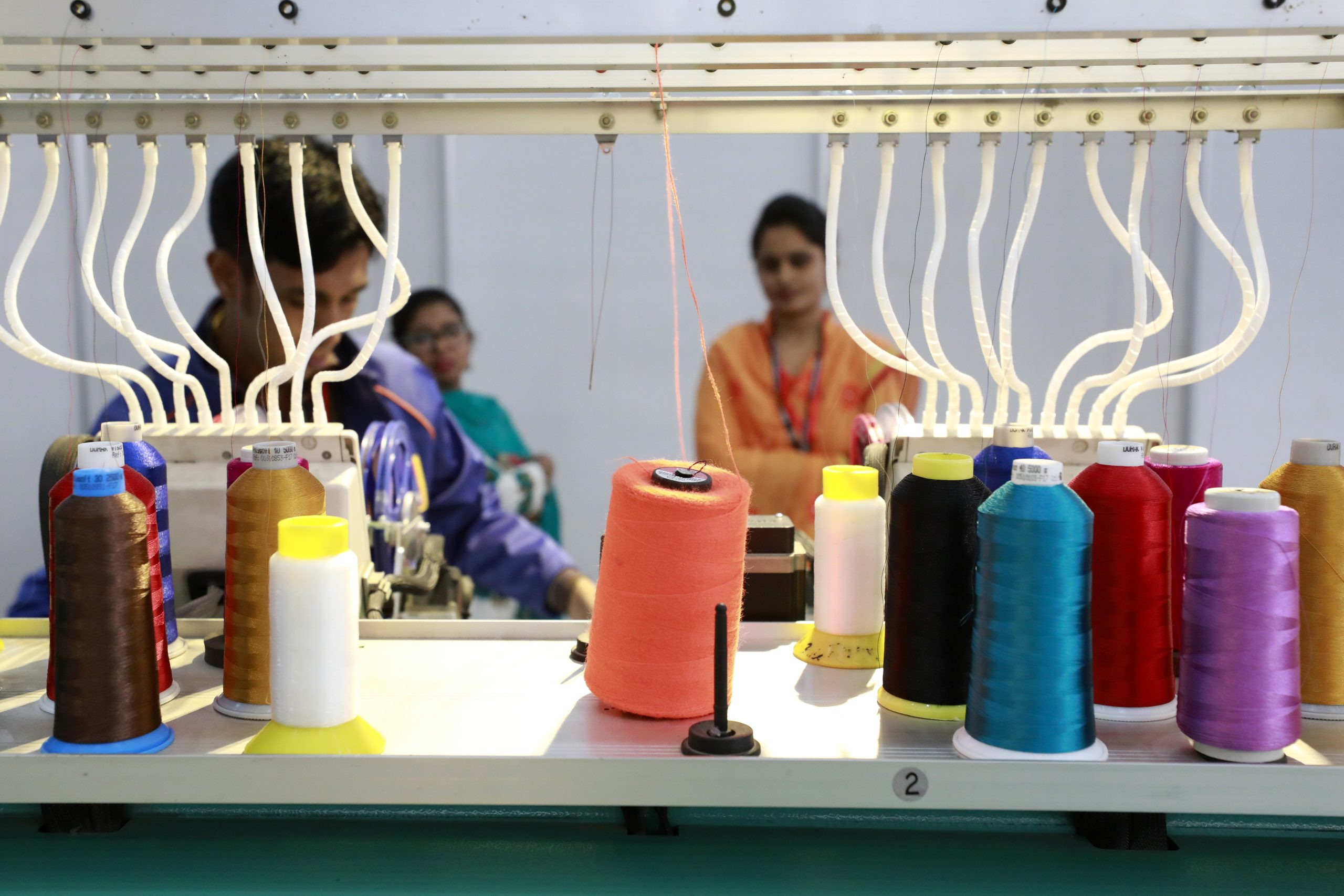A Decade Later: Lessons from the Rana Plaza Building Collapse
April 24, 2023
Blogs
By Sanchita Banerjee Saxena
The ten-year anniversary of the collapse of the Rana Plaza building near Dhaka in Bangladesh is a moment for reflection and for renewed commitment to action. On 24 April 2013, some 1,134 workers died and an estimated 2,500 were injured when their workplace, which housed five garment factories producing for international brands, collapsed. The disaster is among the deadliest structural accidents in history.
In a briefing note I co-authored with my colleague at the Institute for Human Rights and Business, we argue that the Rana Plaza collapse represented several significant failures that went beyond the collapsed building:
- The complex structure of global supply chains is opaque, with only limited transparency about which factories supply to which brands and names of sub-contractors are often kept confidential for competitive reasons. Such opacity contributes to a culture of lack of accountability.
- Just-in-time manufacturing practices, which emphasize lowering costs and increasing production, create conditions in which workers must meet production quotas or they may face wage cuts, and the demand of meeting deadlines compel suppliers to overlook minor safety infractions which could be potentially disastrous.
- Wages that may meet minimum wage laws but were substantially below living wage in an expensive city like Dhaka, which allows no room for workers to save and the absence of a social safety net.
- The adverse substantive impact of the pandemic, which forced many factories to close (some among them permanently) where major brands reneged on contractual obligations, and cost was borne by the ‘weakest link,’ the furloughed or laid-off workers.
While factory conditions have improved over the last 10 years, significant structural changes have not taken place, and worker vulnerability persists, making the anniversary an important marker to learn from its impact. Thus, a decade after Rana Plaza, the main questions are:
- How can we reframe the power dynamic between industries, workers, governments and other relevant stakeholders?
- How should we rethink global supply chain structures, and the roles businesses play in improving many of the poor working conditions we continue to see today?
- And what are the mechanisms to do this?
This briefing note highlights some of the progress that has been made in the areas of advancing human rights due diligence, increasing reliance on binding agreements, shifting the balance of power in contracts, and changes to the sourcing model. The piece also points to four key areas that will require a much stronger focus going forward, these are:
- More effective collective action, such as greater cross-industry participation in strategies to ensure respect for human rights, including health and safety, fair wages, security, and protection of the right to health as well as the right to freedom of association.
- Increased accountability of State actors, such as requiring global brands to oversee their factories so that international standards are met, and so that contracts are not routinely cancelled, and raw materials already acquired and work already undertaken is paid.
- Reforms beyond the garment sector; in Bangladesh these sectors includes brickmaking, shipbreaking, tanneries, fisheries, and road transport.
- Greater efforts to prioritize all human rights, most notably freedom of association, freedom from fear and harassment, a fair living wages, and social security.
To read the briefing note in full, please go to: Rana Plaza 10 Years On: Lessons for Human Rights and Business
To listen to a podcast about the 10-year anniversary of the disaster, please visit: Voices – Conversations on Business and Human Rights from Around the World
We at Article One are working with a range of companies to assess relevant ESG risks in their supply chains and identify opportunities for new initiatives and industry-wide collaborations.
To learn more and explore what steps you and your company can take to ensure a responsible and resilient supply chain, please reach out at hello@articleoneadvisors.com.
